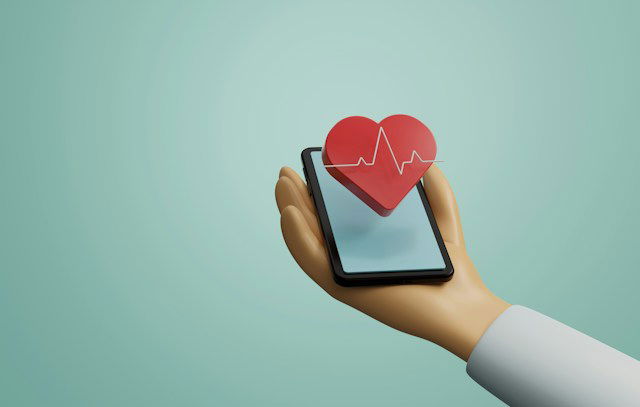
Scientists from Lithuania have made a groundbreaking advance in heart health.
Teams from Kaunas University of Technology and elsewhere have created a new way to watch over patients and find out what causes atrial fibrillation in each person.
This heart issue is the most common type of irregular heartbeat, affecting 33 million people globally. With more people getting older, it’s expected that this number will double soon.
Catching atrial fibrillation early is crucial because it can lead to serious problems like strokes. The condition often begins with short, self-stopping episodes. If these are spotted early, they can often be managed without medicine.
The Lithuanian researchers have been working on heart monitoring technologies for over 10 years. They’ve come up with new, worldwide solutions.
Vaidotas Marozas, the head of the Biomedical Engineering Institute at Kaunas University of Technology, emphasizes the need for easy-to-use devices for checking heart health, especially for older people who are more at risk.
One of their inventions is a smart bracelet. This bracelet can spot atrial fibrillation and has been used in the TriggersAF project, alongside other gadgets. The aim of this project is to find out what causes irregular heartbeats in different people.
Things like alcohol, physical activity, stress, and sleep problems are known triggers. Understanding what sets off these episodes in each person could lead to non-medical ways to handle the condition.
Clinicians like Justinas Bacevičius, a cardiologist at Vilnius University Santaros Clinic, are essential in this project. He points out that atrial fibrillation patients are diverse.
Some are older, might have conditions like diabetes, high blood pressure, or sleep apnea, while others are younger and stressed, like athletes or business people.
An interesting discovery from the project is the connection between sleep problems and atrial fibrillation.
Even in patients without diagnosed sleep disorders, snoring seems to be linked with irregular heartbeats the next morning or later in the day. This finding could help in developing more effective ways to prevent and treat atrial fibrillation.
If you care about health, please read studies about the benefits of low-dose lithium supplements, and what we know about egg intake and heart disease.
For more information about health, please see recent studies about potatoes and high blood pressure, and results showing 6 best breads for people with heart disease.
Copyright © 2024 Knowridge Science Report. All rights reserved.



